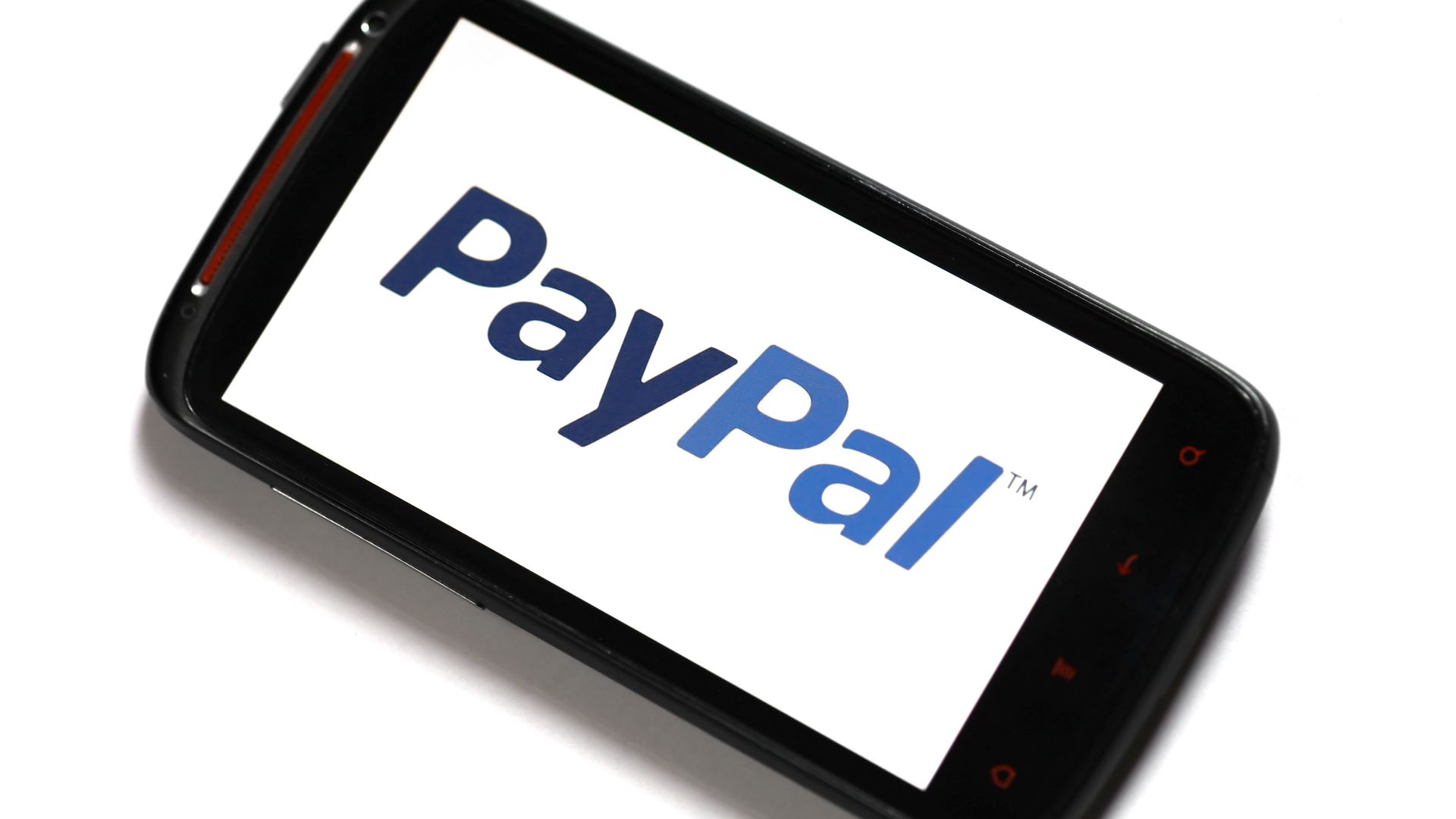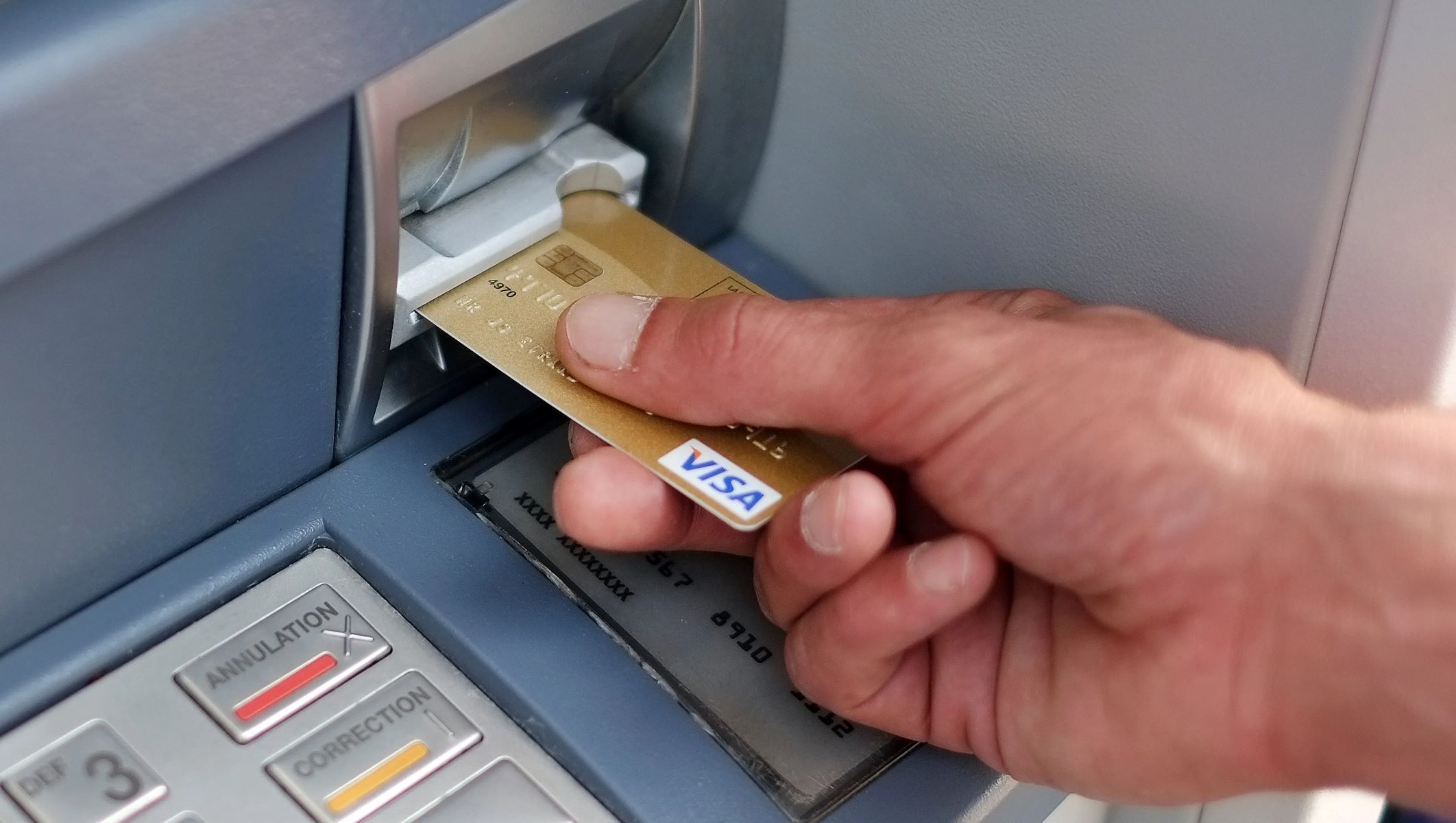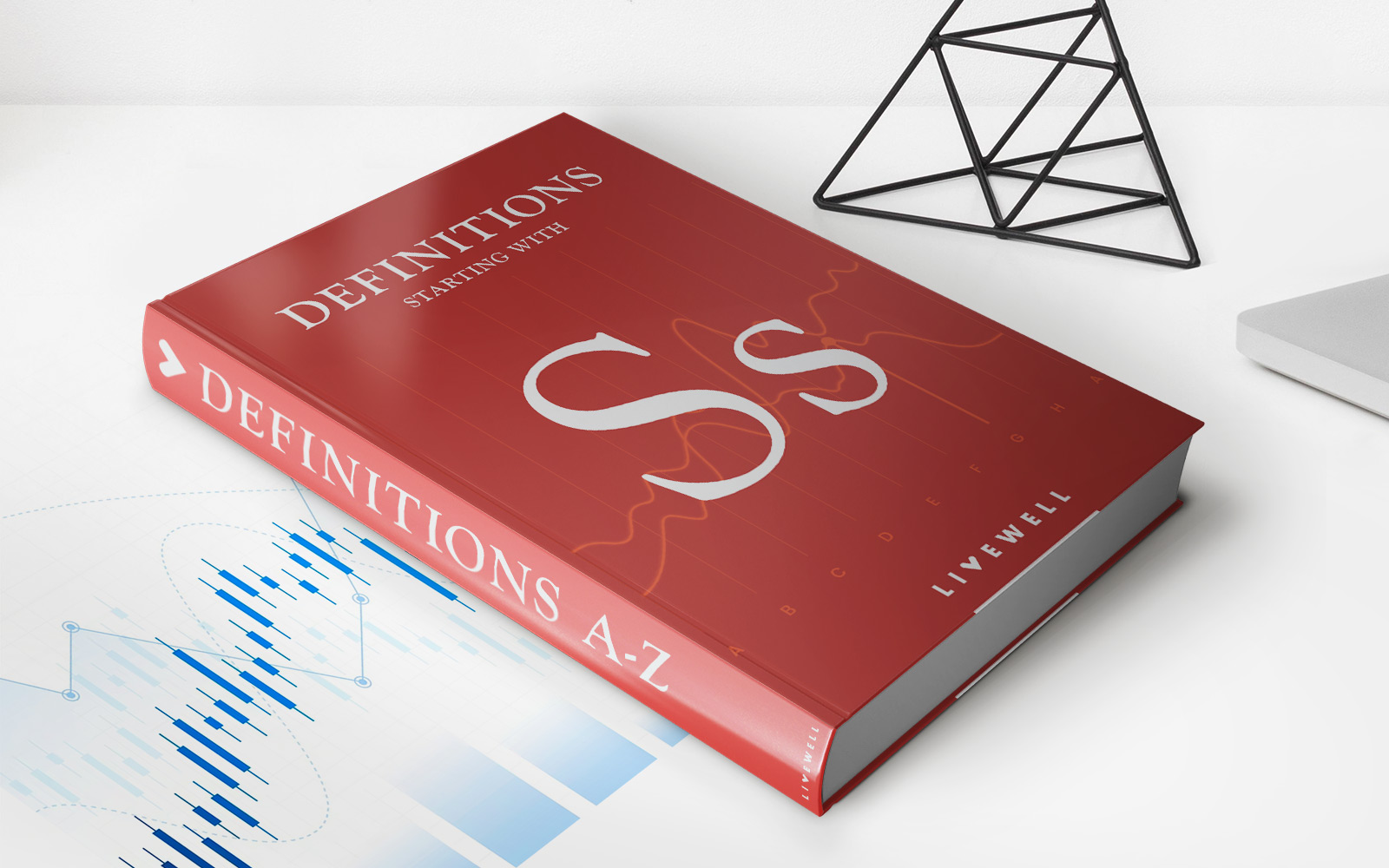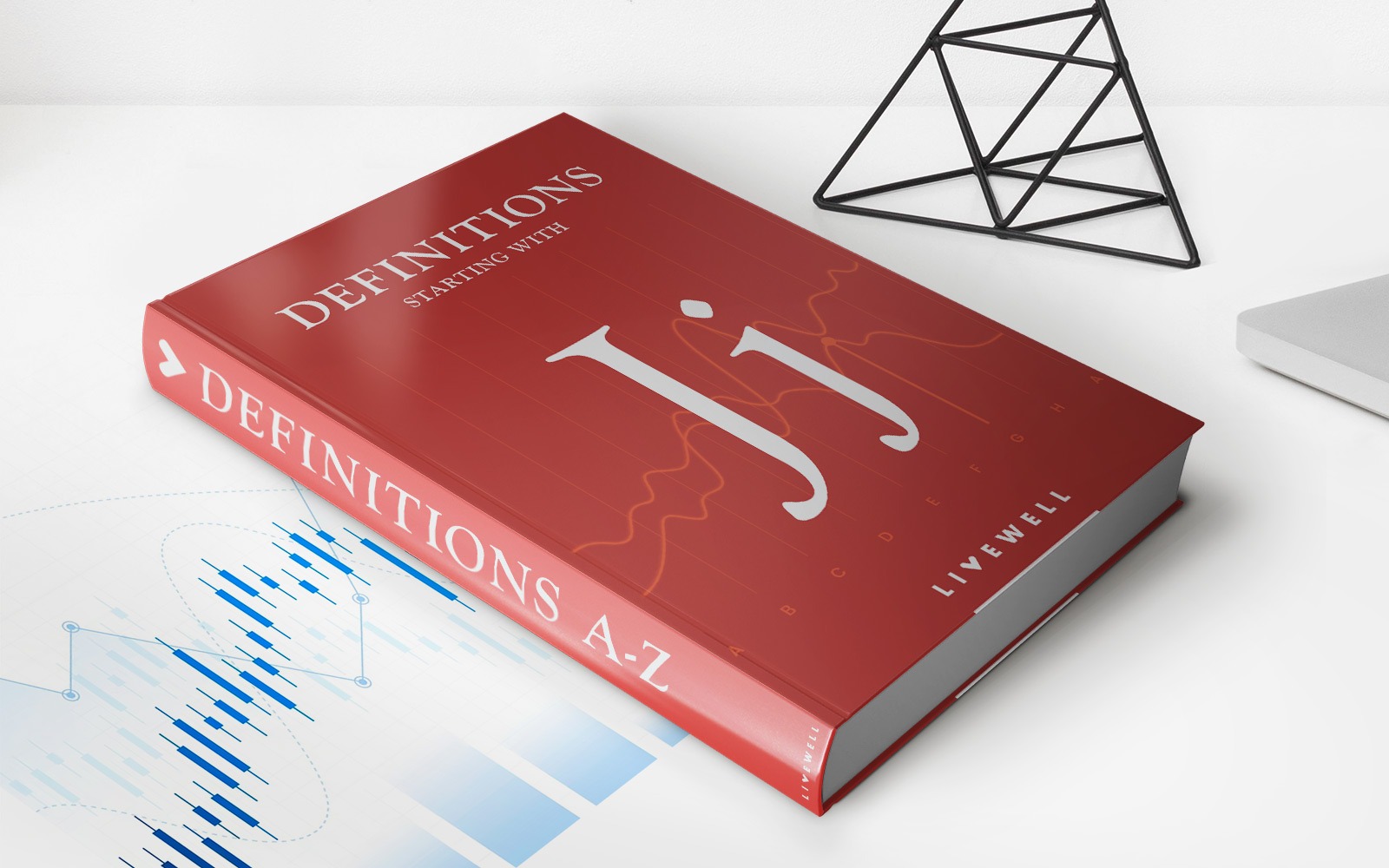Home>Finance>What Happens If You Pay More On Your Minimum Payment


Finance
What Happens If You Pay More On Your Minimum Payment
Published: February 27, 2024
Find out the impact of paying more than the minimum on your finances. Learn how extra payments can save you money and reduce debt faster. Discover the benefits today!
(Many of the links in this article redirect to a specific reviewed product. Your purchase of these products through affiliate links helps to generate commission for LiveWell, at no extra cost. Learn more)
Table of Contents
Introduction
Introduction
When it comes to managing credit card debt, understanding the implications of making only the minimum payment versus paying more can be crucial. Many individuals may not realize the significant impact that paying more than the minimum can have on their overall financial well-being. In this article, we will delve into the consequences of paying more than the minimum payment on a credit card balance. By shedding light on this topic, we aim to provide valuable insights that can empower individuals to make informed decisions regarding their debt management strategies.
It’s common for credit card statements to include a minimum payment requirement, which is the lowest amount that cardholders must pay by a specified due date to keep their account in good standing. While making the minimum payment can prevent late fees and maintain a positive payment history, it may not be the most advantageous approach in the long run. By exploring the potential outcomes of paying more than the minimum, we can uncover the benefits of this proactive financial tactic.
By examining the impact on interest, payoff time, and credit score, we will shed light on the far-reaching effects of paying more than the minimum payment. This comprehensive analysis will enable readers to grasp the full scope of the advantages associated with this approach. Whether you’re currently managing credit card debt or aiming to enhance your financial literacy, understanding the implications of paying more than the minimum payment is a crucial step toward achieving long-term financial stability.
Understanding Minimum Payments
Before diving into the impact of paying more than the minimum payment, it’s essential to comprehend the concept of minimum payments. When you receive your credit card statement, you’ll notice a specified minimum amount that you’re required to pay by the due date. This minimum payment is calculated based on various factors, including your outstanding balance, interest rate, and any fees or charges incurred during the billing cycle.
It’s important to recognize that the minimum payment is designed to ensure that you meet the basic requirement to keep your account in good standing. Failing to make at least the minimum payment can result in late fees, penalty interest rates, and a negative impact on your credit score. Therefore, meeting this minimum threshold is crucial to avoid these adverse consequences.
However, it’s equally important to understand the limitations of making only the minimum payment. While it may provide immediate relief by fulfilling the basic obligation, it often leads to prolonged debt and increased interest costs. This is due to the fact that the minimum payment is typically a small percentage of the total balance, often covering mostly the interest accrued during the billing cycle, with a minimal impact on reducing the principal balance.
By grasping the purpose and implications of minimum payments, individuals can gain a clearer understanding of their debt management responsibilities. This knowledge serves as a foundation for exploring the benefits of paying more than the minimum, which can significantly impact their financial well-being in the long run.
Paying More Than the Minimum
While making the minimum payment fulfills the basic requirement, paying more than the minimum can yield substantial benefits in managing credit card debt. By allocating additional funds toward your credit card balance, you have the potential to expedite the reduction of your outstanding debt and minimize the long-term financial burden.
When you pay more than the minimum, you effectively allocate a larger portion of your payment toward reducing the principal balance. This means that a greater proportion of your payment goes toward lowering the actual amount you owe, as opposed to primarily covering the interest charges. As a result, you can make tangible progress in reducing your overall debt, inching closer to financial freedom with each additional payment.
Moreover, paying more than the minimum can lead to a sense of accomplishment and motivation. As you witness your balance decreasing at a faster rate, you may feel more empowered and motivated to continue your proactive approach to debt repayment. This positive reinforcement can instill a sense of financial discipline and responsibility, fostering healthy financial habits that extend beyond managing credit card debt.
By embracing the practice of paying more than the minimum, individuals can take control of their financial future and mitigate the potential pitfalls of prolonged debt repayment. This proactive approach not only accelerates the journey toward debt freedom but also instills a sense of financial empowerment and confidence.
Impact on Interest
When you pay more than the minimum on your credit card balance, you can significantly reduce the amount of interest accrued over time. This is due to the fact that the additional funds you allocate to your payment directly reduce the outstanding principal balance, subsequently lowering the interest charges applied to the remaining debt.
By chipping away at the principal balance through higher payments, you effectively minimize the duration for which the interest applies to your debt. This can lead to substantial savings in the long run, as the interest is calculated based on the remaining balance. Therefore, paying more than the minimum not only expedites the reduction of your overall debt but also curtails the cumulative interest that would accrue over an extended repayment period.
Furthermore, by reducing the principal balance through larger payments, you can potentially decrease the total interest paid over the life of the debt. This means that a proactive approach to paying more than the minimum can result in significant cost savings, allowing you to retain more of your hard-earned money rather than allocating it toward interest payments.
Ultimately, the impact on interest resulting from paying more than the minimum payment is twofold: it reduces the total interest accrued over time and expedites the journey toward debt freedom. By minimizing the financial burden posed by interest charges, individuals can achieve greater financial stability and allocate their resources toward building a more secure and prosperous future.
Impact on Payoff Time
When you choose to pay more than the minimum on your credit card balance, you can significantly shorten the time it takes to pay off the debt. By allocating additional funds toward reducing the principal balance, you expedite the process of clearing the outstanding amount, thereby accelerating your journey toward debt freedom.
Typically, making only the minimum payment prolongs the payoff timeline, as a significant portion of the payment predominantly covers the interest accrued, with minimal impact on reducing the principal balance. In contrast, by paying more than the minimum, you allocate a larger portion of your payment toward lowering the actual amount you owe, effectively expediting the reduction of the debt.
As a result, paying more than the minimum payment enables you to achieve debt freedom at a much faster pace. This not only alleviates the prolonged financial burden associated with carrying credit card debt but also provides a sense of relief and accomplishment as you witness the balance decreasing more rapidly.
Moreover, the shortened payoff time resulting from paying more than the minimum can free up your financial resources sooner, allowing you to reallocate those funds toward other financial goals and priorities. Whether it’s saving for the future, investing in opportunities, or simply enjoying a more financially secure lifestyle, expediting the payoff time through higher payments empowers you to achieve greater financial flexibility and freedom.
By recognizing the impact on payoff time, individuals can make informed decisions about their debt repayment strategies, leveraging the benefits of paying more than the minimum to expedite the journey toward financial liberation.
Impact on Credit Score
Opting to pay more than the minimum on your credit card balance can have a positive impact on your credit score. Your credit score is influenced by various factors, including your payment history, credit utilization, and the length of your credit history. By paying more than the minimum, you demonstrate responsible financial behavior and proactive debt management, which can contribute to an improvement in your credit score.
One of the key elements of credit score calculation is credit utilization, which refers to the ratio of your outstanding credit card balances to your credit limits. By paying more than the minimum and reducing your balances at a faster rate, you effectively lower your credit utilization, which can have a positive impact on your credit score. A lower credit utilization ratio indicates to lenders that you are effectively managing your credit and are not overly reliant on borrowed funds.
Additionally, consistently paying more than the minimum demonstrates a commitment to timely and proactive debt repayment. This positive payment history can enhance your credit score by showcasing your reliability and financial responsibility. Lenders and credit bureaus view a strong payment history favorably, as it reflects your ability to manage credit obligations effectively.
Furthermore, the proactive approach of paying more than the minimum can contribute to a reduction in the overall debt burden, which can indirectly benefit your credit score. As you lower your outstanding balances at a faster pace, you present a lower risk to lenders, potentially resulting in an improvement in your creditworthiness and credit score.
By recognizing the impact on credit score resulting from paying more than the minimum, individuals can leverage this proactive strategy to not only achieve financial stability but also enhance their overall credit profile. This holistic approach to debt management can yield long-term benefits by positioning you as a responsible and reliable borrower in the eyes of lenders and credit agencies.
Conclusion
Understanding the implications of paying more than the minimum payment on your credit card balance is essential for informed and proactive debt management. By delving into the impact on interest, payoff time, and credit score, it becomes evident that choosing to pay more than the minimum can yield substantial benefits.
By paying more than the minimum, individuals can significantly reduce the amount of interest accrued over time. This proactive approach not only expedites the reduction of the overall debt but also leads to substantial cost savings in the long run. Moreover, the shortened payoff time resulting from higher payments provides a sense of relief and accomplishment, accelerating the journey toward debt freedom and financial liberation.
Furthermore, paying more than the minimum can have a positive impact on your credit score. By showcasing responsible financial behavior and proactive debt management, you can enhance your creditworthiness and overall credit profile, positioning yourself as a reliable borrower in the eyes of lenders and credit agencies.
In conclusion, opting to pay more than the minimum on your credit card balance is a proactive and empowering financial strategy. It enables individuals to take control of their debt, minimize interest costs, expedite the journey toward debt freedom, and enhance their creditworthiness. By embracing this approach, individuals can pave the way toward long-term financial stability and a brighter financial future.














